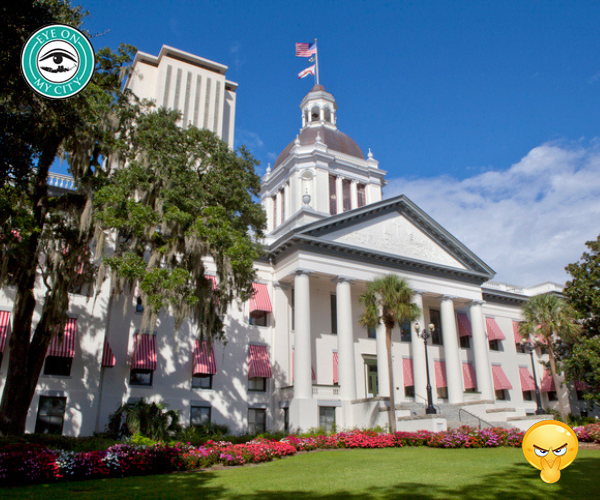The City Council’s Finance Committee took on the tough job that no one else in City Hall seems willing to tackle.
During its review of the budget the committee trimmed some of the spending proposed by Mayor Donna Deegan, Democrat.
Deegan wants to spend $4 billion to fund the general government. If the committee’s product is adopted by the council, as expected, that amount would be reduced by $40 million – a mere 1 percent and not the blood bath liberals make it seem.
This includes a reduction in property taxes of $13 million from what Deegan proposed.
Politicians spend large amounts of Other People’s Money each year in handouts to organizations. In some cases, they have been organizations the politician belongs to.
The city handouts were once called “citywide activities” but now are labeled “miscellaneous appropriations.”
The total city budget in 2016 was $2.2 billion and “citywide activities” totaled $95 million. In this year’s budget the amount of handouts certainly is much larger but can’t be compared directly because of changes in the budget format.
One that drew attention this year is Meals on Wheels, which delivers thousands of hot meals to elderly people in their homes every day.
In recent years, the council has increased the funding from $150,000 to $2.2 million.
The Finance Committee had intended to provide $475,000 to the program, and liberals were incensed that it would increase only 217 percent in three years. In the end, the funding was set at $1.7 million.
Council Member Matt Carlucci had said earlier on Facebook “To me, this is placing these essential programs — lifelines for those in great need — at the altar of politics. If you share these concerns, I urge you to take action now. Visit the COJ City Council website, find your district and at-large members, and email them today to demand these critical programs be fully restored.”
But someone else commented: “Could someone provide information regarding the administrative costs associated with operating the program, as well as the cost per meal? Additionally, what factors contributed to the significant increase in these costs? Does the program require a quarterly report back to the city? Lastly, what are the eligibility requirements to participate in the program?”
Those seem like reasonable questions to ask, particularly in light of the huge increase in spending of Other People’s Money on the program.
One question to ask about funding charity is, whose job is it?
The United Way of Northeast Florida took in $25 million in the last fiscal year and turned over $17 million to charitable organizations, according to its financial report.
Despite the admirable work of the United Way, the city government persists in using taxpayer money to supplement local charities.
The big difference is that people give their money to the United Way but the city takes the money from them.
The city also donates directly to the United Way, while funding some of the same charities as the United Way. That seems a convoluted way of doing it.
It isn’t only City Hall. The Jacksonville Transportation Authority has been handing out bundles of money to this organization or that. And there are a number of close connections between the JTA’s employees and the organizations.
Responsible public officials look for ways to avoid spending Other People’s Money.
Years ago, state budget director Donna Arduin — one of the best CFOs Florida ever had — proposed cutting funds for the School for the Deaf and Blind, during a meeting. There were gasps around the table.
Politicians could only see the headlines in the state’s liberal media: “Governor steals money from the cups of blind people!”
Arduin pointed out that the school had not been spending all that it was given each year, but facts had no effect, and the funding was continued.
The city government is flush with money this year and all the mayor’s proposed spending was not justified. Kudos to the Finance Committee for doing its job diligently.










